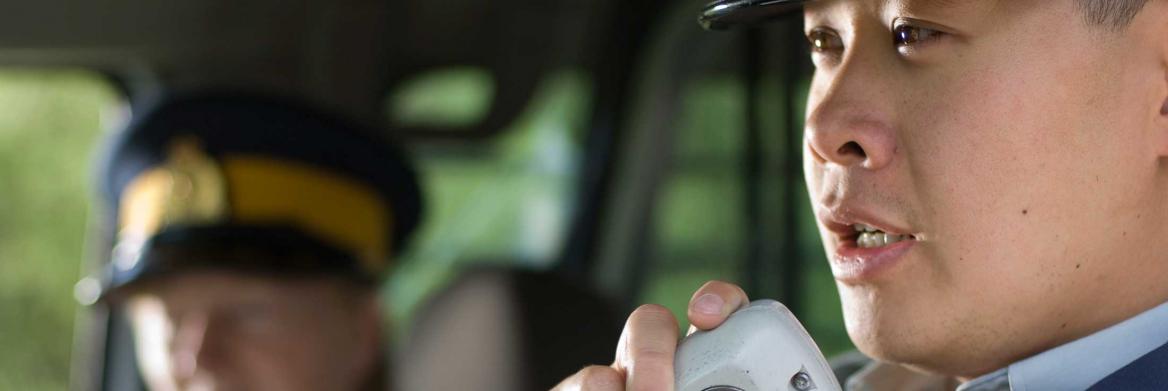While it's the police's role to enforce the law and protect the public, officers often need support from that same public to do the job effectively.
As our cover section demonstrates, that support comes in many forms. One theme that kept re-appearing as we explored the topic was the notion that the public often acts as the eyes and ears of police.
Whether police receive crucial information directly from appeals for information on missing or murdered Manitobans and criminals wanted by the FBI or indirectly by wading through the flurry of social media posts that accompany a crisis such as the October 2014 attack on Parliament Hill, it's clear the public plays an important role.
But it's a role that relies heavily on police building a strong relationship with those they serve.
Both the Toronto Police Service and Sacramento Police Department have also recognized the importance of this link to the public. And they're using mobile technology and social networking to connect police with residents online so that they can continue building relationships offline.
Public support isn't just limited to individuals. Initiatives such as Operation Securus and the newly formed Canadian Centre for Excellence in Anti-Corruption show that police need the support of partners in the business community as well — whether it's to solicit tips to prevent terrorism or to develop the best approaches to combat corruption.
Outside of the cover section, we offer tips on how to recover bullet shells from snow, a forensic skill useful for police in Canada or any country with similar wintry weather.
We also look at how the San Diego Police Department is getting officers to see its Wellness Centre as a support service that's just as necessary to police work as the operational unit that supplies radios and flashlights.
And we close with a story on a text-messaging tool that the RCMP is using in schools to not only teach students about the dangers of bullying but also strengthen relationships with youth.
As with any relationship, this issue highlights that communication is key to earning the public's trust and co-operation. And if police want members of the public to continue to support the important work they do, they have to keep the lines of communication — both online and off — open.
MarCom Award winner
Gazette magazine has been named a Gold winner of the 2015 MarCom Awards in the category of Magazine/Government for its issue on the different approaches police use to defuse tense or violent situations. (Vol. 76, No. 1, 2014).
MarCom Awards is an international competition that recognizes exceptional achievement by communications professionals for excellence in quality, creativity and resourcefulness. As a Gold Award recipient, Gazette magazine was judged to have exceeded the industry standards for excellence in the 2015 competition.
